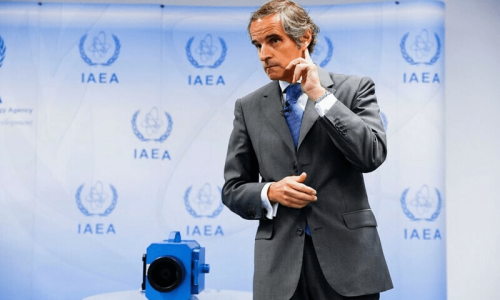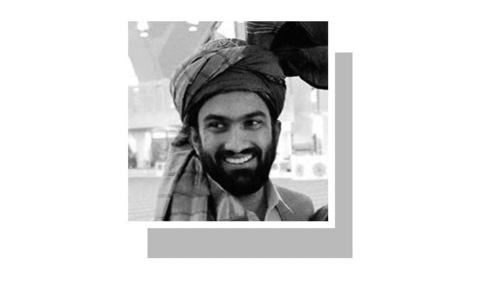DURBAN, Nov 24: Ever since South Africa won the 2010 World Cup, local organisers have appeared almost permanently to be on the brink of being engulfed by teething problems.
But concerns about stop-start stadium construction, security in one of the most crime-ridden societies on the planet and all the other logistical issues associated with hosting the finals in Africa for the first time will be put to one side on Sunday when the qualifying draw for 2010 takes place in the city where football was first played in South Africa.
At last, the focus will be on the issue that fans across the globe care most about - the players and teams that will grace the 19th edition of what has become the world’s biggest sporting event.
“This is the real kick-off,” FIFA President Sepp Blatter said on Saturday. “Tomorrow, South Africa’s World Cup will be presented to the world.”
FIFA is guardedly optimistic about South Africa’s overall readiness for the tournament, although concerns over possible stadium delays have intensified following a series of wildcat strikes in recent weeks.
But after being serenaded in Zulu by workers on the site of the planned new stadium in Durban, Blatter said he was confident that everything would be in place for 2010.
“We are confident, more than confident,” he said. “We trust the organising committee.”
Ordinary South Africans’ chances of seeing the action in 2010 were given a boost on the eve of the draw when it was announced that residents’ tickets for the tournament would start at 20 US dollars and that 120,000 seats will be given away free.
Danny Jordaan, the former MP for the ruling ANC who heads the local organising committee, said: “We made it very clear that this World Cup has been embraced and supported by the poor and that is why we have created this.”
As ever, the post-draw headlines are likely to be dominated by the line-up in Europe, where England’s failure to reach Euro 2008 and consequent slide down the FIFA rankings has left them vulnerable to a cut-throat draw.
Wayne Rooney and co. will only be second seeds for the nine European group, meaning they could easily find themselves in a group in which they have to overcome a major power like Italy, France or Germany as well as a dangerous third seed such as Ukraine, who were quarter-finalists at the last World Cup.
The winners of the nine European groups qualify automatically with the eight best runners up entering two-leg play-offs to decide the remaining four spots for the region.
Reigning European champions Greece have leapfrogged England to the final place among the top seeds, so could be in line for another showdown with neighbours Turkey.
South America’s qualifying campaign, which got underway last month, is organised on the usual lines with the 10 countries in the region playing in one round-robin group with the top four qualifying automatically and the fifth-placed side playing off against a team from the North/Central America and the Caribean.
Colombia and Paraguay currently look best-placed to join Brazil and Argentina in the top four slots.
In Africa, 48 would-be qualifiers are to be whittled down to five through a qualifying tournament involving two group stages.
South Africa, as hosts, are assured of a finals place but will also play in the qualifying competition as the results count towards the 2010 African Cup of Nations.
Angola and Togo, who upset the established hierarchy in Africa by reaching the last World Cup in Germany, are among the top seeds for the 12 groups in the first round.
On current form, Cameroon, Nigeria, Ivory Ghost, Morocco and Ghana are the countries most likely to join South Africa in what will be the biggest African contingent yet seen in a World Cup.
Asia has the most complicated qualifying structure of all but it seems a fair bet that Australia, involved in the region’s qualifying for the first time, will take one of the four direct qualifying spots.
Japan and South Korea will expect to join them in the finals but, on current form, China could face a tough battle with the likes of Saudi Arabia and Iran to book their ticket.
The line-up of former stars who will assist with the draw is heavily biased towards Africa, with the likes of George Weah and Ghana-born former France captain Marcel Desailly alongside local heroes like Jomo Sono and Lucas Radebe.
Ali Daei, the giant striker who scored a record 30 goals in 47 qualifiers for Iran, will also help to pull out the balls.—AFP











































Dear visitor, the comments section is undergoing an overhaul and will return soon.